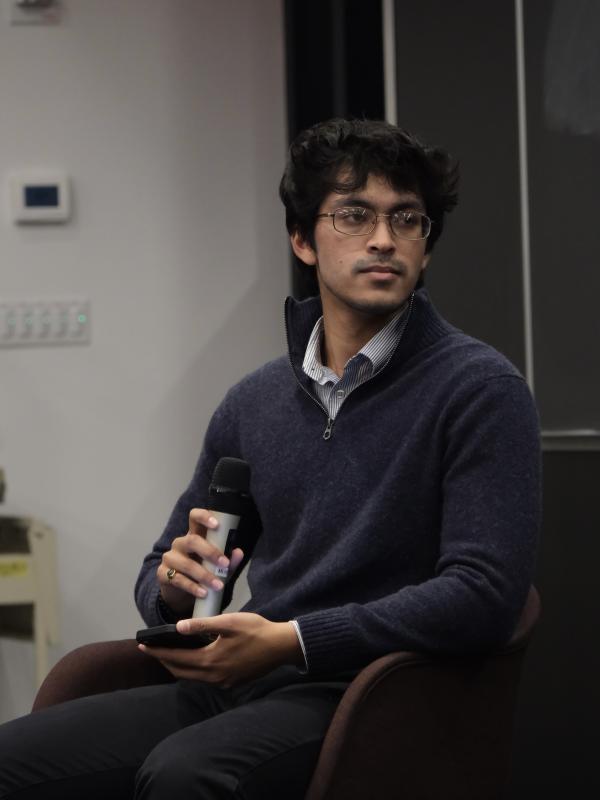
Biomedical AI research
The position is focused on biomedical AI research. Key areas of interest include domain-specific foundation models, LLMs, agentic AI, and knowledge graphs.
Integrating machine learning with magnetic resonance imaging for predicting treatment outcomes of pancreatic cancer.
Integrating machine learning (ML) with Magnetic resonance imaging (MRI) for predicting treatment outcomes of pancreatic cancer.
Biomaterials for Drug Delivery in Dermatology
We are looking for students who are interested in developing new polymeric biomaterials for drug delivery and tissue engineering in the skin.
Developing a Domain-Specific Scientific Literature Chatbot
Building on a prior published paper, I am looking for student in Computer Science and related areas to develop a chatbot that can ingest journal articles from the literature to help guide experimental research in a specific domain.
Ai Chatbot Site Developer
A project for Wharton's Professor Schweitzer is in need of software developers.
The project is a web app for non-technical users to create custom chatbots for negotiations and other types of text based interactions. The chatbots will be used for research and education purposes, and are powered by LLMs like OpenAl's GPT models.
Using AI to improve the environmental and nutritional efficacy of food subsidies
Food consumption is a key lever for enhancing human health and environmental sustainability on earth. Our goal in this research is to better understand and find effective approaches to jointly alleviate malnutrition and climate-change outcomes in developing countries. In-kind food subsidies are a primary policy intervention in economically underprivileged communities. However, despite the proven efficacy of machine learning and data analytics in various industries, these technologies have not been widely adopted to enhance the design and impact of such subsidies. We aim to bridge this gap: this study develops a method to design nutrition- and climate-targeted food programs i.e., we algorithmically decide which foods to subsidize to maximize the nutrition value and minimize the carbon footprint of a subsidy program. This project builds on extensive field data collection in an underserved community in India, which comprises a randomized controlled trial, collection of large-scale point-of-sale transaction data, and survey data. Our methodology will combine a predictive choice model based on machine learning techniques and an optimization algorithm. Through this research, we aim to offer policymakers a tangible, data-driven pathway to refine food subsidy schemes, achieving healthier populations and a reduced carbon footprint.
The undergraduate RA is expected to have strong proficiency in coding, and basic understanding of statistics and/or econometrics.
TRACES - Tracking Epidemics in Sewage
Join us at the Annavajhala/TRACES Lab and learn about all of the information we can find in waste(water)!
CHOP pediatric anesthesiologist seeking students with Matlab experience for EEG research
Research position for motivated undergraduate student interested in EEG signal processing with Matlab programming experience.

- Page 1
- Next page
